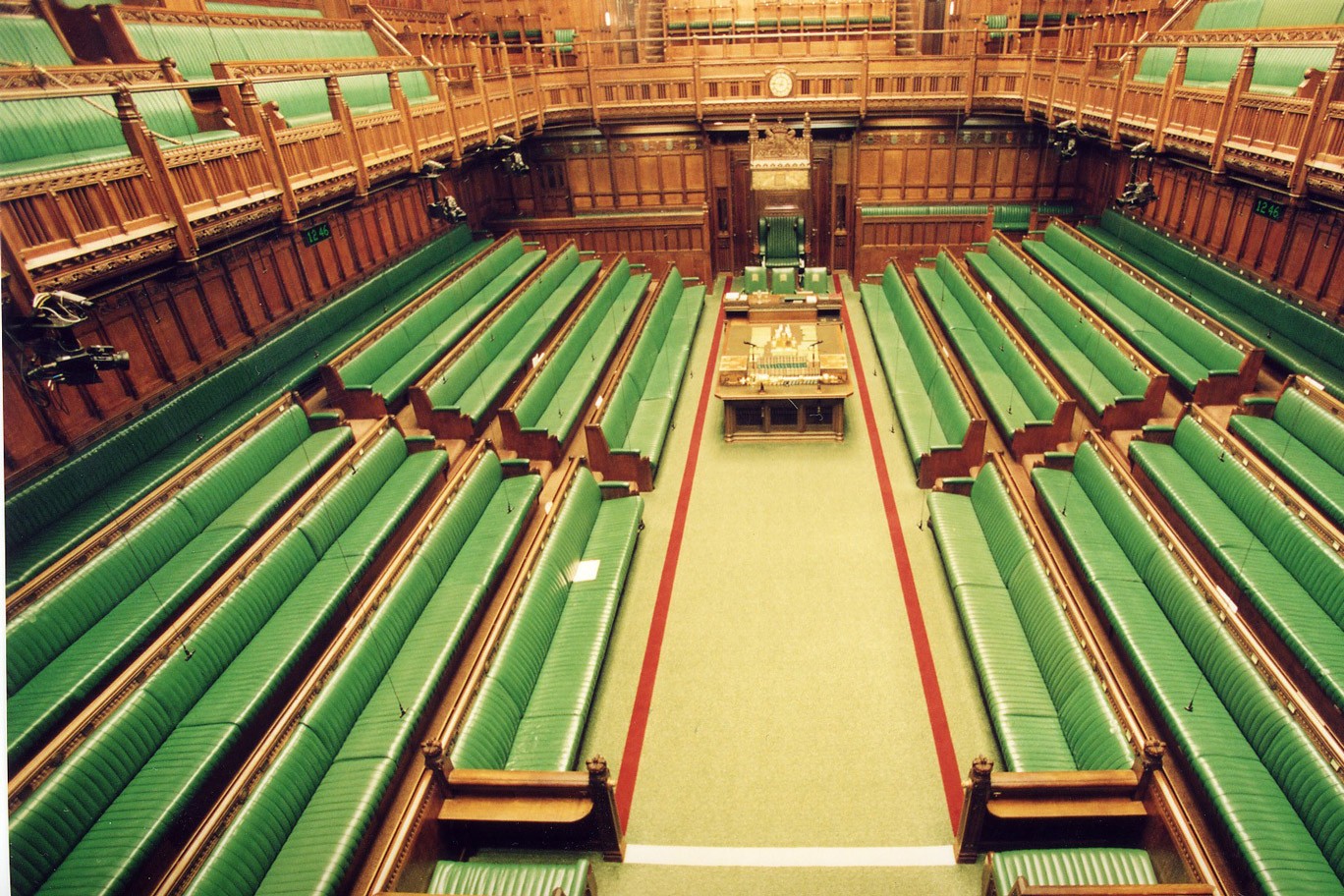
COP28: Pre-Conference Briefing
Ahead of COP28 beginning on 30 November we have prepared a briefing on the conference and what is expected to be discussed at COP28.
Introduction to COP28
The 28th Conference of the Parties (COP28) will take place in Dubai, United Arab Emirates, from 30 November to 12 December 2023. In a letter to the Parties, the COP President announced that the Conference will be framed around four key paradigm shifts:
- Fast-tracking the energy transition and slashing emissions before 2030,
- Delivering old promises and financing climate action,
- Putting nature, people, and lives at the heart of climate action,
- Mobilising for the most inclusive COP.
Possibly the biggest event at COP28 is the conclusion of the first global stocktake (GST), where the world’s progress against the Paris Agreement’s goals to limit warming to 1.5°C by the end of the century will be assessed. The UN Environment Programme’s (UNEP) 2023 Emissions Gap Report shows the global average temperature is set to rise between 2.5-2.9°C by the end of the century, significantly below the Paris Agreement goals.
The context: where did COP27 leave us?
The success of COP27 has been widely contested as, for the second year in a row, a resolution to phase out fossil fuels was not reached. Fossil fuel phase-out is due to be discussed again at COP28. The positives of COP27 included the recognition of the need for nature-based solutions, the creation of a loss and damage fund, climate financing for adaptation and resilience, and looking forward to transforming our financial system for a net zero future. We can expect these to be topics of conversation again at COP28.
Who’s going to COP28?
From the UK, King Charles, Prime Minister Rishi Sunak, climate minister Graham Stuart MP, and First Minister of Scotland Humza Yousaf MSP are confirmed to attend. Chris Skidmore (Conservative MP and author of the Government’s recent net-zero review) will also be speaking.
Many companies are attending COP28, including Barclays, PWC, H&M Group, Microsoft, Jacobs, Accenture, UNFCCC, Bloomberg, The World Bank, Cisco, HSBC and KPMG. With the “We Mean Business Coalition”, 131 companies making up almost $1 trillion in global turnover have come together to urge governing bodies, financial entities, and fossil fuel producers to accelerate the clean energy transition and move away from fossil fuels. Businesses which have signed this pledge include IKEA, JLL, Heineken, Decathlon, Vodaphone, Unilever, and Capgemini. The UK Green Building Council (UKGBC) will also have representatives attending COP28. They will be using COP28 as a platform to present the UK’s sustainable built environment as a global leader, despite the recent uncertainty around the country’s green policies.
Key issues for COP28
First global stocktake (GST)
During COP27, CO2 emissions were projected to increase by 10% by 2030, short of the 45-50% decrease needed to limit warming by 1.5° C by 2030. The GST will assess global progress towards the Paris Agreement goals and determine how far short our reduction efforts are. A GST is planned to occur every five years, with COP28 marking the conclusion of the first. The findings from this GST will be the foundation for new 2035 nationally determined contributions (NDCs), which countries will prepare ahead of COP30 in 2025. In June 2023, the Climate Change Commission (CCC) submitted a progress report to Parliament showing that the UK was not on track to meet its current NDCs – a 68% reduction by 2030 compared to 1990. The CCC estimated that the UK’s 2035 NDCs should be a 78% reduction target by 2035 compared to 1990, including international aviation and shipping. We can expect the 2035 NDCs to be announced in February 2025.
Fast track energy transition and slashing emissions before 2030
To limit warming to 1.5° C by 2030, renewable energy capacity needs to be tripled, and oil and gas scope 1 and 2 emissions need to be halved. At COP28, this transition will be discussed through topics such as phasing down fossil fuels, strengthening policy, engaging with decision-makers in the public and private energy sectors, engaging with scientists, and looking at the energy sector holistically. Mitigation pathways discussed at COP28 will include carbon markets and non-market approaches.
Finance for climate action
Achieving the goals of the Paris Agreement requires an annual investment of USD $2.4 trillion for emerging and developing countries. COP28 is calling for developed countries to pledge to the Green Climate Fund (GCF), which needs replenishment. During COP26, developed countries pledged to double their adaptation finance by 2025, and these pledges will be revisited at COP28. A new financial framework is set to be unveiled, designed to deliver the net-zero transition inclusively for all countries and communities.
People and nature, climate action
COP28 is framing discussions around collaborative action on adaption, preserving ecosystems, climate-proof food systems, and protecting those most vulnerable to the effects of climate change. The conversation on the loss and damage fund will continue after discussions around financing and claims eligibility were not concluded at COP27. An outcome for the loss and damage fund is of a very high priority for COP28.
Mobilise for the most inclusive COP
Dr Sultan Ahmed Al Jaber has emphasised the importance of inclusive conversations at COP28. This involves including youth, indigenous communities, subnational actors, faith-based organisations, and gender-balanced delegations. Through programmes such as the International Youth Delegates Program, 100 youths from small island developing states and least developed countries will be included and integral in COP28 discussions.
Key events at COP28
Over the two weeks of COP28, the schedule is broken down into themed days. December 6 focuses on Multilevel Action, Urbanization and Built Environment/Transport. Events of interest over this day include:
- The role of sustainability in future cities
- Transformative cities: Local action for global impact
- Scaling up finance for sustainable urbanisation
- Building climate resilient infrastructure
- A blueprint for decarbonising the built environment
- Cities as beta-sites of innovation/building our urban sustainability
Throughout COP28, other themed days include:
- 1 & 2 December: World Climate Action Summit
- 3 December: Health / Relief, Recovery and Peace
- 4 December: Finance / Trade / Gender Equality / Accountability
- 5 December: Energy and Industry / Just Transition / Indigenous Peoples
- 8 December: Youth, Children, Education and Skills
- 9 December: Nature, Land Use, and Oceans
- 10 December: Food, Agriculture and Water
All COP28 side events will be available to watch live and on demand on the official UN Climate Change YouTube channel.



